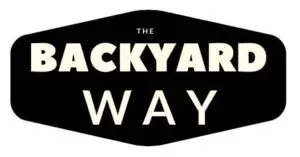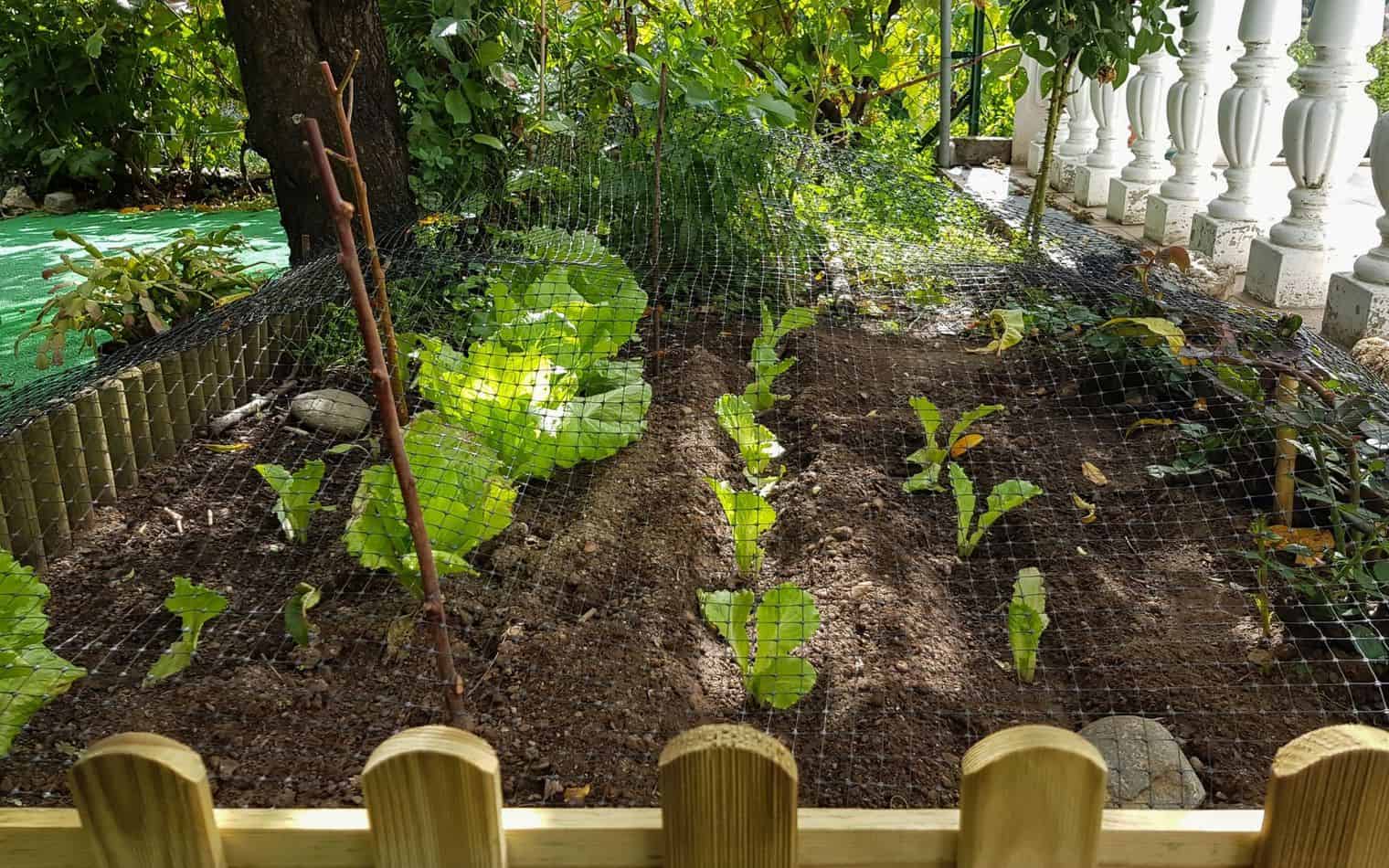Did you recently stumble onto gardening and are now considering taking it up full time? If you ask me, I think it’s a great idea. I get really excited when someone considers something I struggled with so I’ll be giving you all the tips I learned during my gardening phase.
One thing nobody tells you about gardening is it fills you with a sense of creation. Indeed, it makes you able to mix fertilizer with soil and other required substances and have a plant that can actually grow into a consumable fruit. Although gardening sounds fun, did you know that certain countries prohibit you from growing vegetables in your backyard?
In the past, gardening was said to affect the value of a house because it made it look like a farm, and also tarnished the appearance of the home. The law that made gardening illegal was passed to prevent tenants from turning other people’s homes into farmhouses.
It is not a good idea to have problems with government agencies because of gardening restrictions in certain states. This is why you should know the housing laws of your state before jumping in fully.
Here are our guides on growing Vegetables:
Where and Why Is It Illegal to Grow Vegetables in Your Backyard?
The question, “Is it legal to grow vegetables in my backyard?” might seem weird in some parts of the world because they believe gardening is a fundamental right. However, this is not the reality for some countries. In fact, it is a must-ask question in some states because of the strict laws against growing vegetables.
Imagine not being able to grow vegetables in your house’s backyard despite paying a ridiculous amount of money for the property. What most government officials advise, when acquiring a property, is to ensure to carry out in-depth research on the laws of that state before making a down payment. While the thought of having a home in the most sophisticated part of the USA is beautiful, some outlandish rules may say otherwise.
Although the laws of some states and cities have changed, some laws have remained. The sad reality is that these laws might be affecting the livelihood of the residents because they’re not given the freedom to do the things they love because of state restrictions.
But why is that so? Is the government hell-bent on just seeing older adults idle? Or do they not want to see people eat the food they grow themselves? These are the questions everyone leaving in those garden-forbidden areas ask, and those I will carefully answer.
There are many reasons why this illegal benchmark is applicable in some places. More explicitly, two fundamental rules could determine whether gardening in your backyard is legal or not:
- Zoning laws
- Homeowners Association (HOA) rules
The zoning law or regulations are most times set against edible food and would only take effect when vegetables are grown. So, you can have a flower garden and be left alone to take care of it, but slight drift to planting vegetables becomes a crime.
I’ve seen people grow decorative plants in neighborhoods that openly prohibit the growing of vegetables. Pay attention to the word “vegetables.” A decorative plant is not edible. But the moment you start growing edible plants is when you cross the line. If you start growing tomatoes or domestic vegetables, you’ll need fertilizer and other substances. Before you know it, your home would turn into a full-blown farm. Now, imagine living next to a farm. I’m very sure you’d be the first to file a complaint.
This restriction is very similar to the HOA rules, which prohibit different things they feel will devalue the property. In some villages in Florida, on Miami’s shores particularly, the HOA is firmly against vegetable gardening, and the government isn’t using its authority to overturn the restrictions. Other places like Chicago or Los Angeles also have some specific rules, which involve paying daily fines.
So, before you start thinking about growing any vegetables, you might want to first check with the city laws and what the HOA is saying. I know you might think this is outrageous, but step out of your reality for a moment and see things from the perspective of a landlord. If one of your tenants starts growing all sorts of vegetables, it can devalue the property and turn the house into something words can’t express.
Some people keep it moderate and ensure the gardening area remains as neat as possible, but what of those who don’t? Is there a way to monitor their gardening activities without invading their privacy? This is almost impossible. That’s why various institutions restrict gardening activities in certain states.
What Plants are Illegal to Grow?
A wide range of plants is considered illegal to be grown, especially in one’s backyard, for two reasons. One is that the disease the plant can spread to destroy your land and that of your neighbor. Second, it could be illegal if it is banned under federal law as a drug-based plant.
Either of these two reasons will always be the bedrock for plants being classified as illegal to grow. Some of the illicit plants to grow include barberry (including the Japanese type), bamboo, mimosa tree, amaranth, kudzu, wild sugarcane, garlic mustard, Chinese water spinach, itch weed, and yellow iris, to name a few.
Conclusion
Hopefully, you have gotten the answers to your questions as to what is illegal, and why gardening can be unlawful. The next best step to take is to find out which regulations might affect your gardening dreams, even before you embark on the journey. Remember to also exclude certain plants after getting permission to plant.

